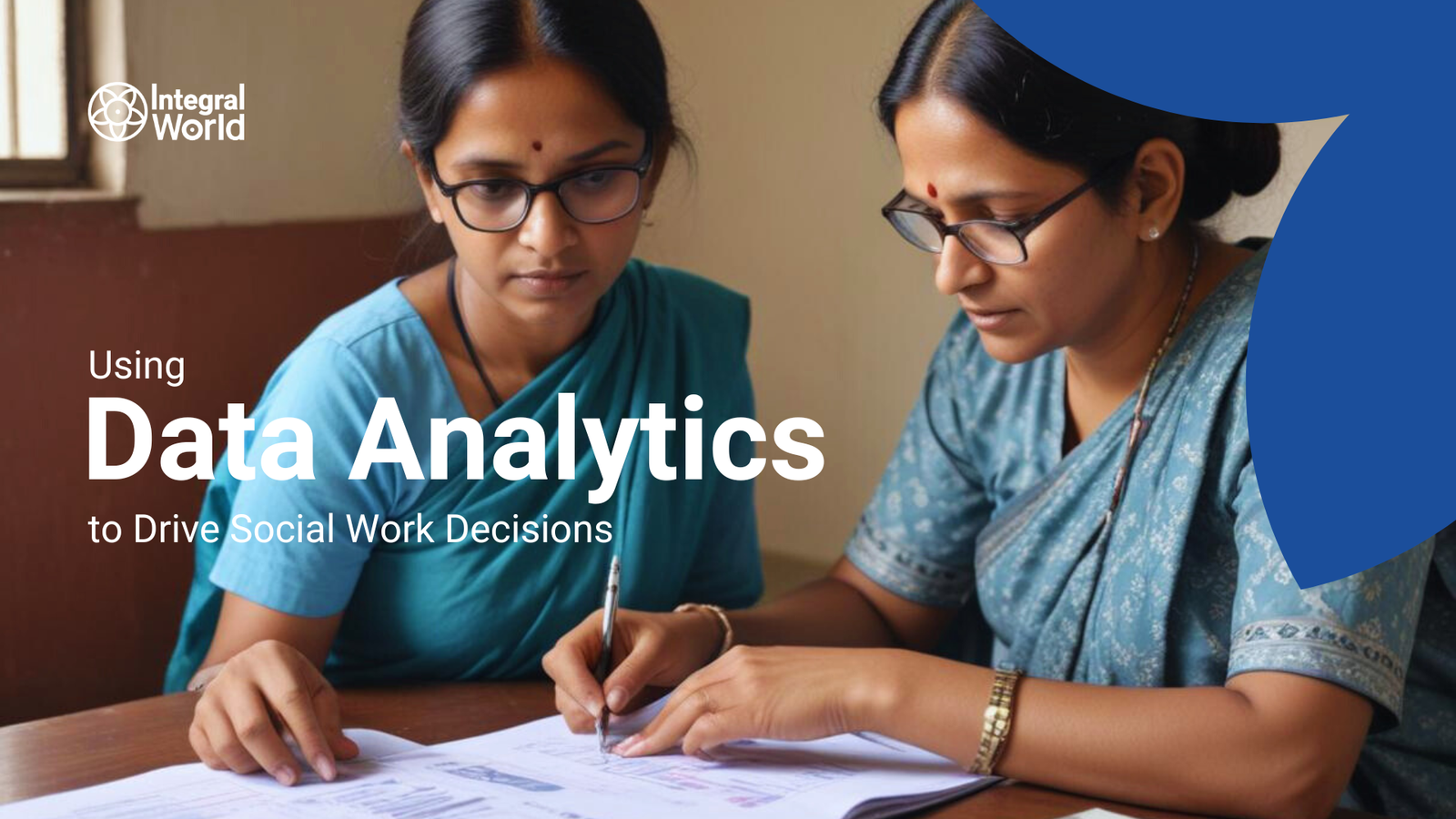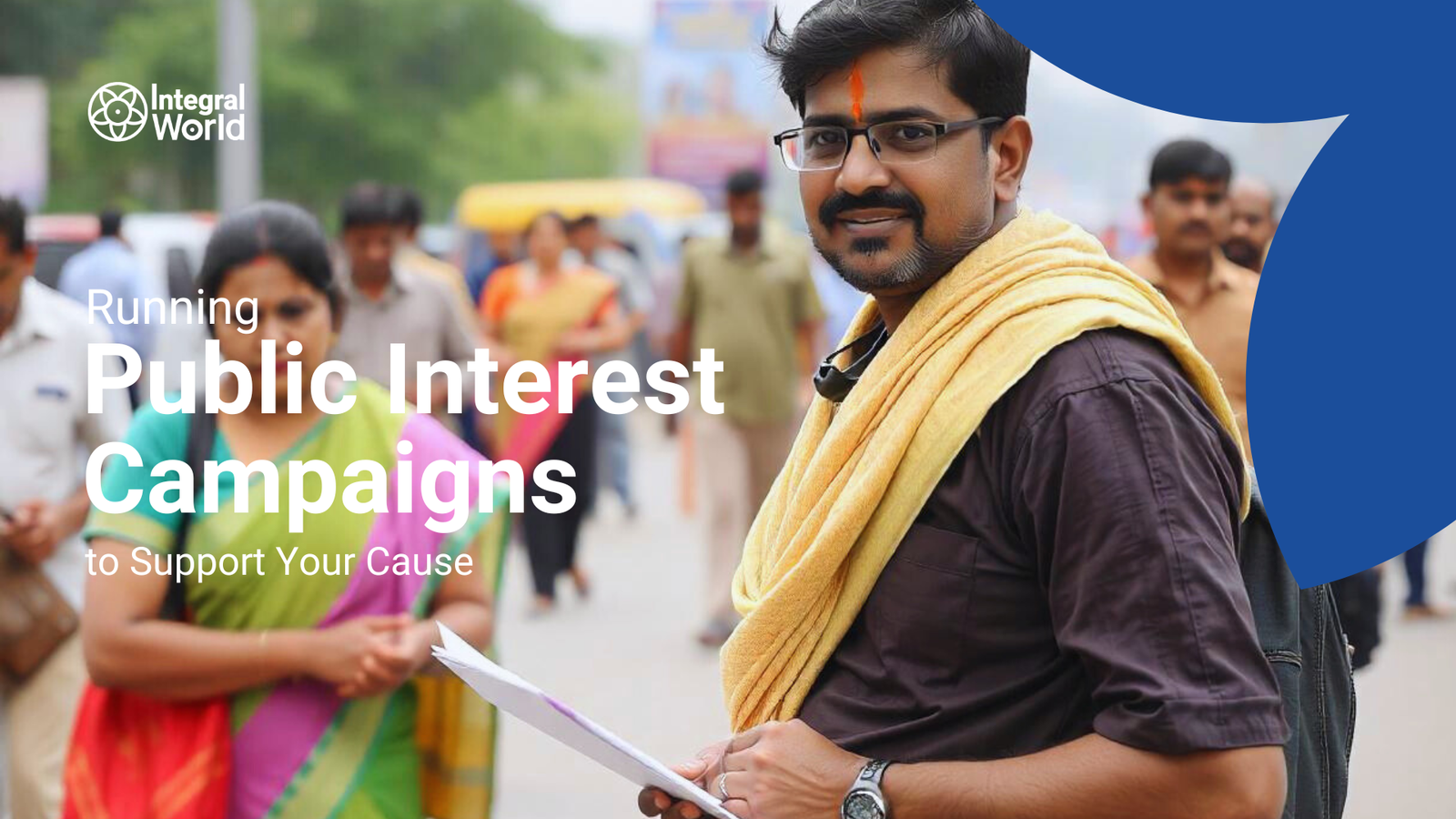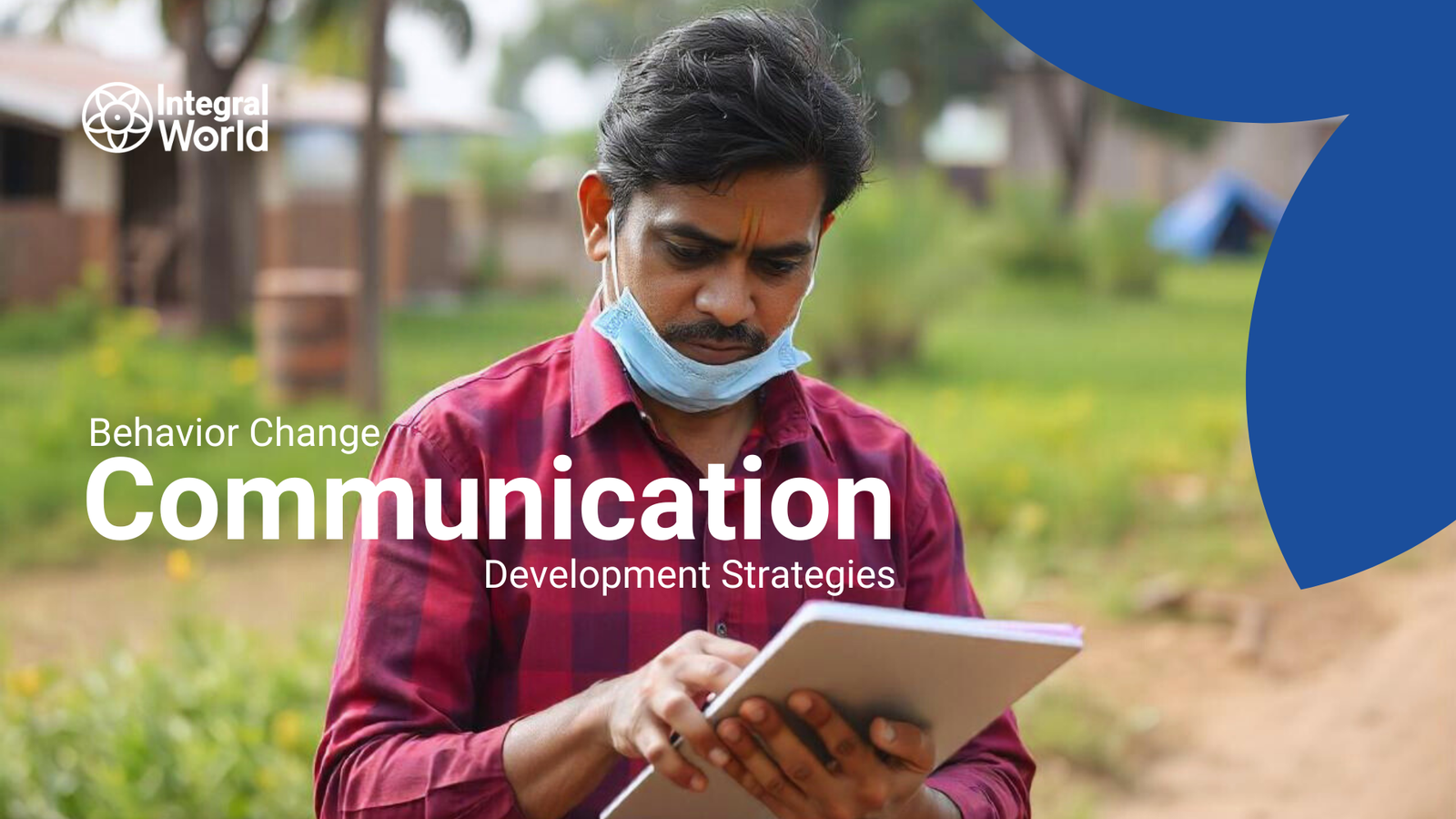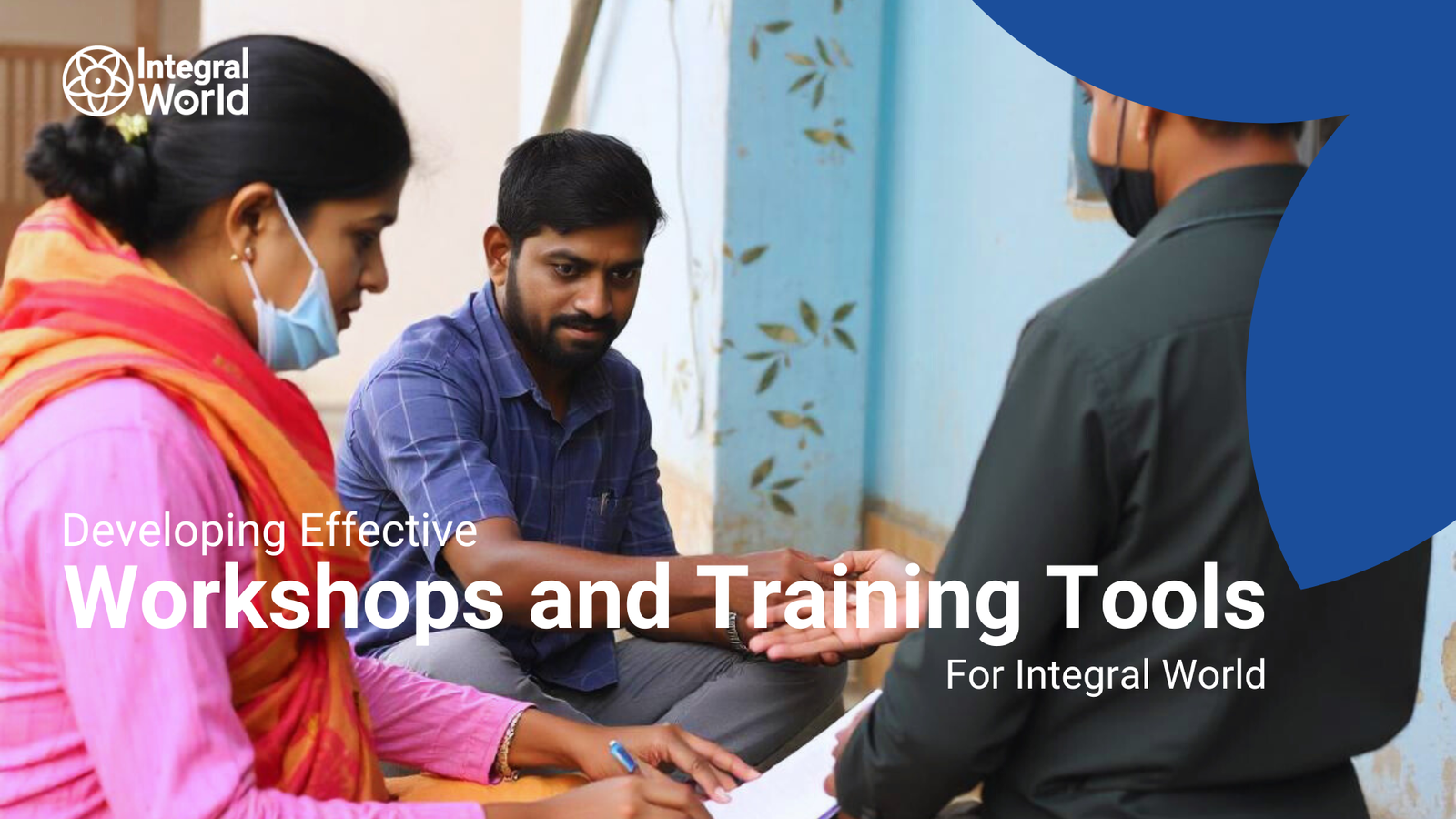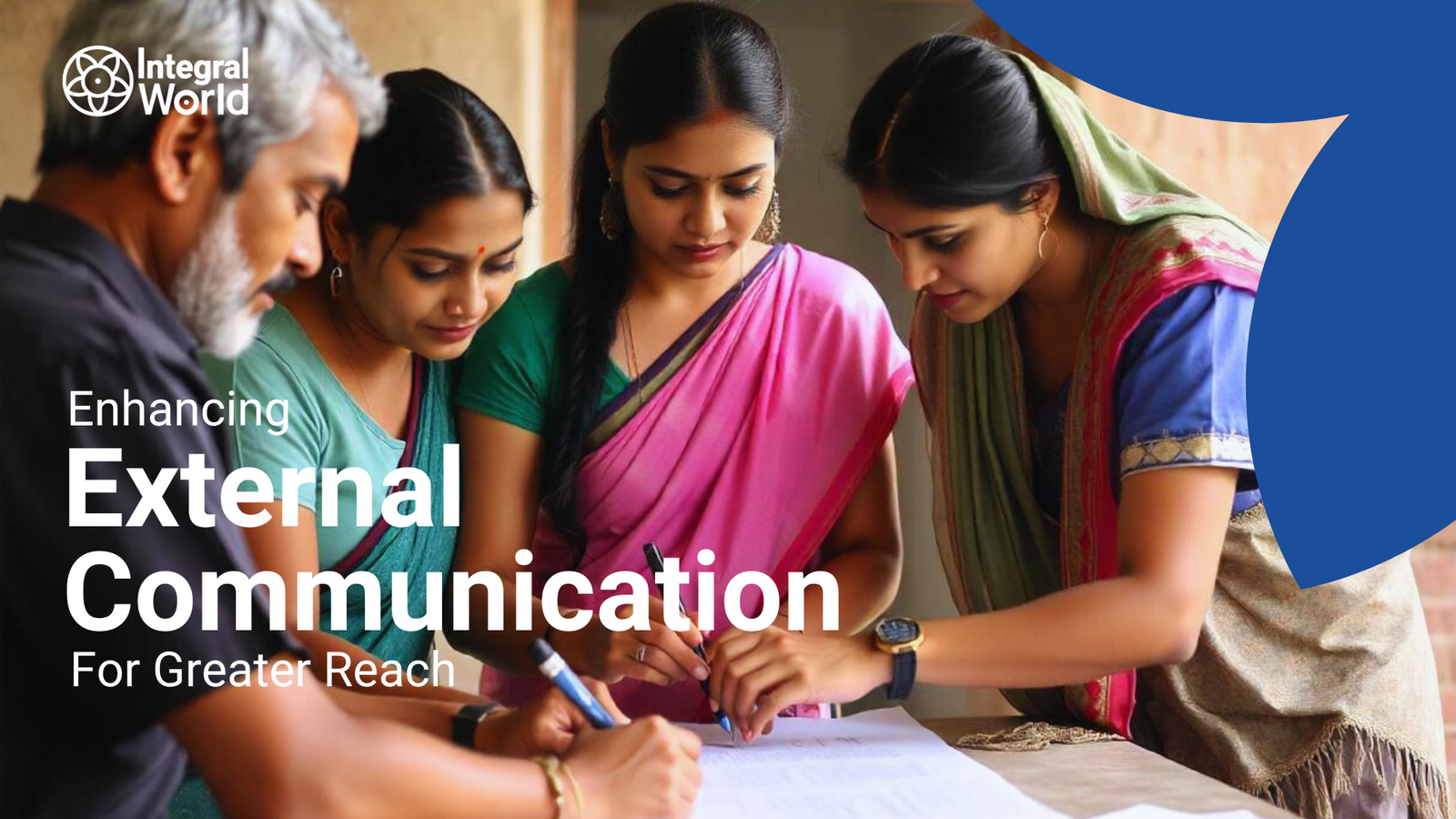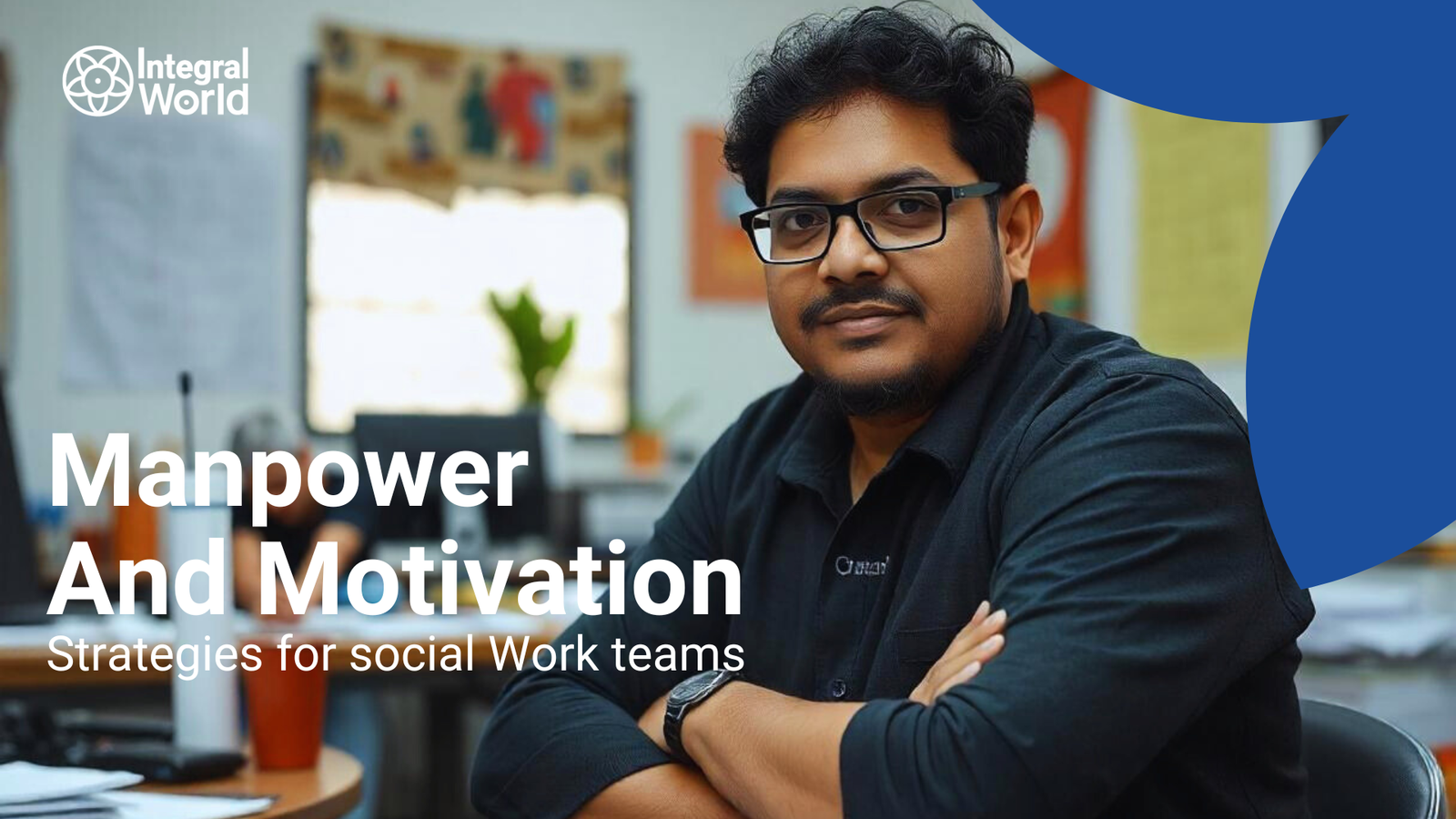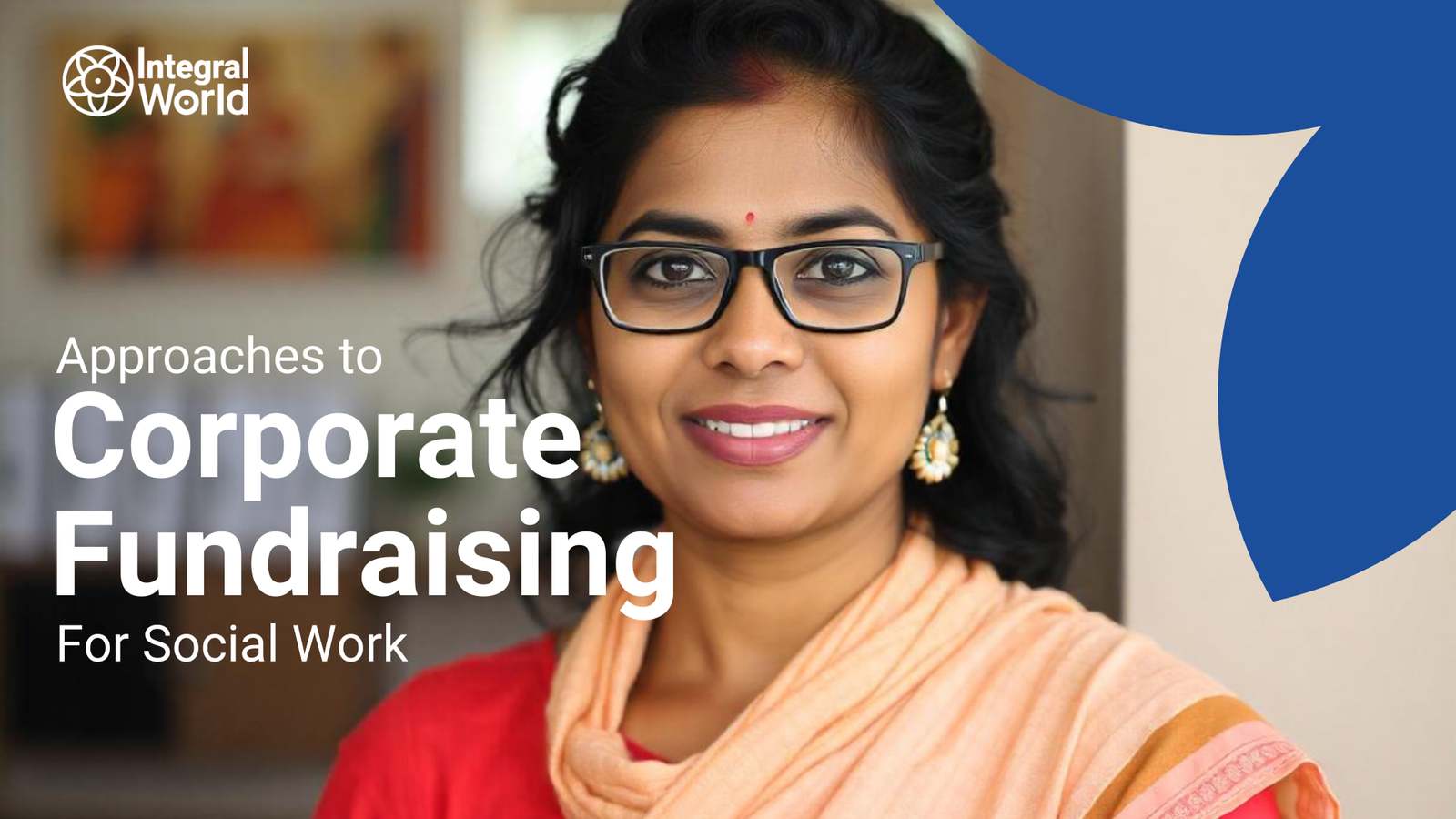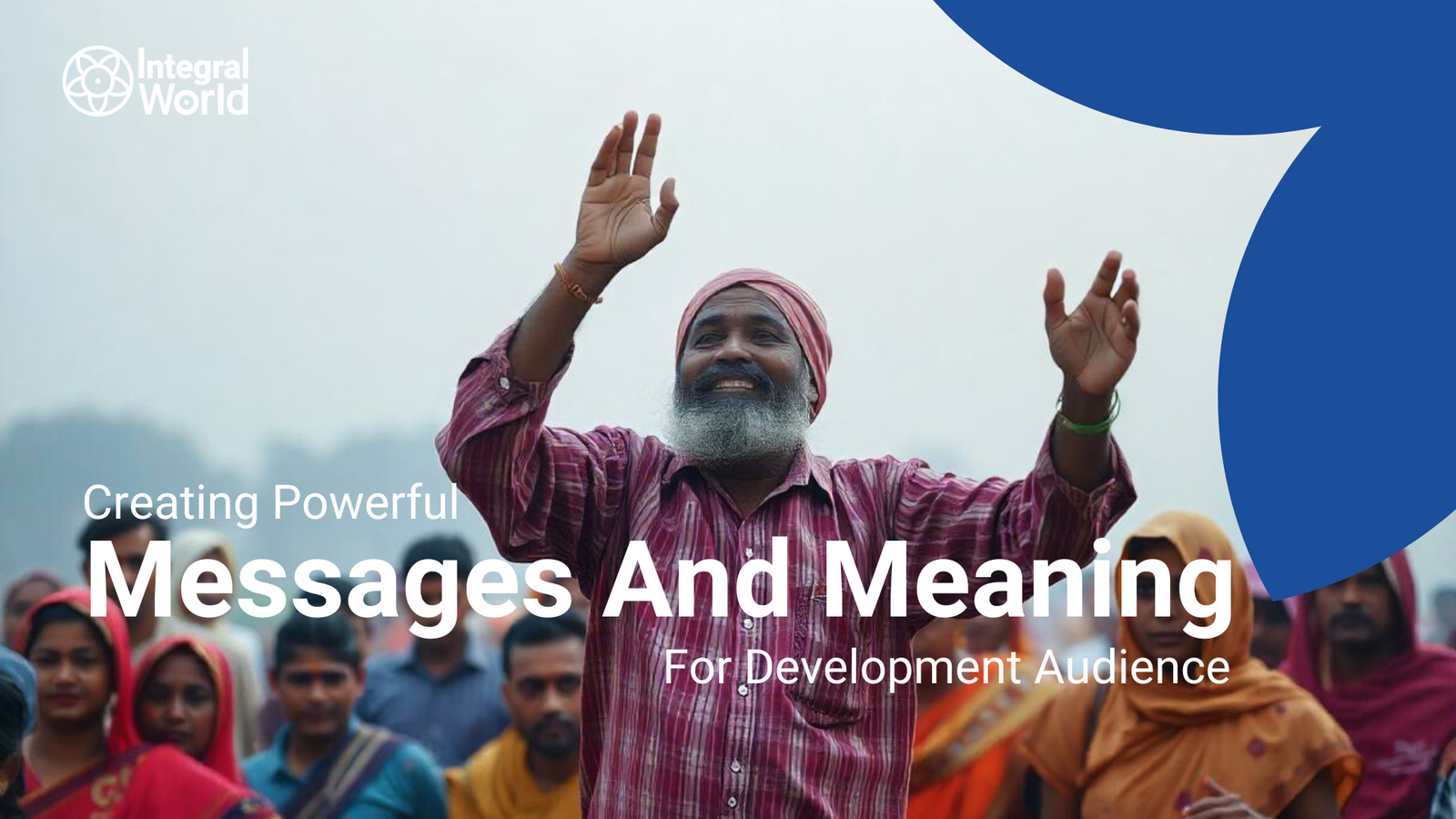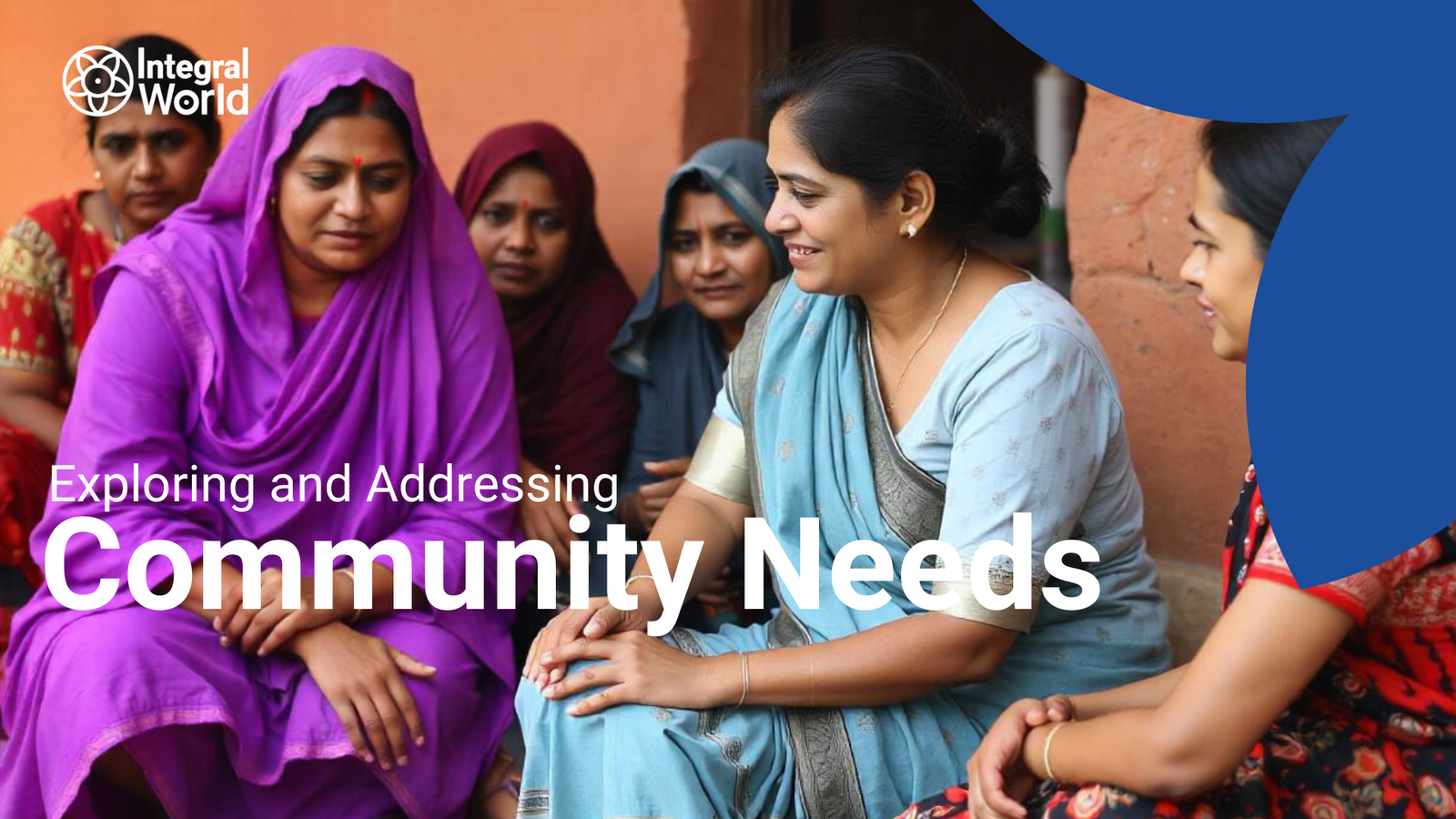Data analytics is revolutionizing social work by enabling organizations to make informed decisions and tailor interventions. Integral World highlights its role in addressing development challenges and driving social progress.
Continue readingRunning Public Interest Campaigns to Support Your Cause
Discover how public interest campaigns, supported by strategic workshops and training, drive community empowerment and positive societal change.
Continue readingBehavior Change Communication: Development Strategies
Learn how Behavior Change Communication strategies, practical tips, and real-life case studies drive Integral World’s sustainable development goals.
Continue readingAligning CSR Assets with Your Social Objectives
Discover how aligning CSR with social objectives benefits businesses and society, with expert insights and practical advice from Integral World.
Continue readingGuide to Selecting and Using Measurement Tools in Development
Explore Integral World’s approach to using measurement tools for tracking progress and driving sustainable development.
Continue readingEnhancing External Communication for Greater Reach
NGOs like Integral World can boost their mission through stronger external communication. This paper offers expert tips and strategies for greater outreach.
Continue readingManpower & Motivation – Strategies for Social Work Teams
Explore Integral World’s strategies for managing and motivating diverse social work teams to drive effective, sustainable development
Continue readingApproaches to Corporate Fundraising for Social Work
Discover how Integral World uses innovative corporate fundraising to drive sustainable development and social change.
Continue readingCreating Powerful Messages & Meaning for Development Audience
Effective communication is vital in development. Learn how Integral World crafts messages that engage audiences, drive participation, and foster sustainable transformations
Continue readingExploring and Addressing Community Needs
Community complex needs are the foundational elements of successful projects. Integral World understands this perfectly and therefore, it is passionate about helping communities.
Community needs are a critical requirement, not just for development initiatives but also inclusive and efficient interventions. Therefore, through in-depth needs assessments, they can make their programs responsive to local priorities, community-owned and sustainable.
This article examines the approaches used when identifying the needs of communities as well as ethical concerns that must be addressed by participants to guarantee their active involvement in any project initiated by Integral World.
Importance of Community Needs Assessment
Why Assess Community Needs?
Community needs assessment involves systematic processes to identify gaps, challenges and opportunities within a target population. They provide a foundation for strategic planning, resource allocation and program design so that interventions can be responsive and relevant.
Shareable Quote: “Alone we can do so little; together we can do so much.” – Helen Keller
Methodologies for Assessing Community Needs
Surveys and Questionnaires
Surveys and questionnaires represent quantitative instruments used primarily to gather information on demographic characteristics of a community such as age distribution or socioeconomic status (SES). They help give an overall view as well as statistical hints on what matters most to people locally.
Focus Groups and Interviews
Focus groups and interviews have been conducted with members from different cultures across various countries who could present ideas on how best they would want things done if given chance themselves or maybe even specifically request certain kind of changes; thus making them feel included in decision-making processes related directly toward improving their own lives rather than just being passive recipients under external control.
Expert Insight: Prof. John Davis
Prof. John Davis is an expert in Community Development who stresses that “Listening to the voices of locals should be at the heart of any need assessment process because it is all about human relationships built on trust – finding solutions together based upon shared values.”
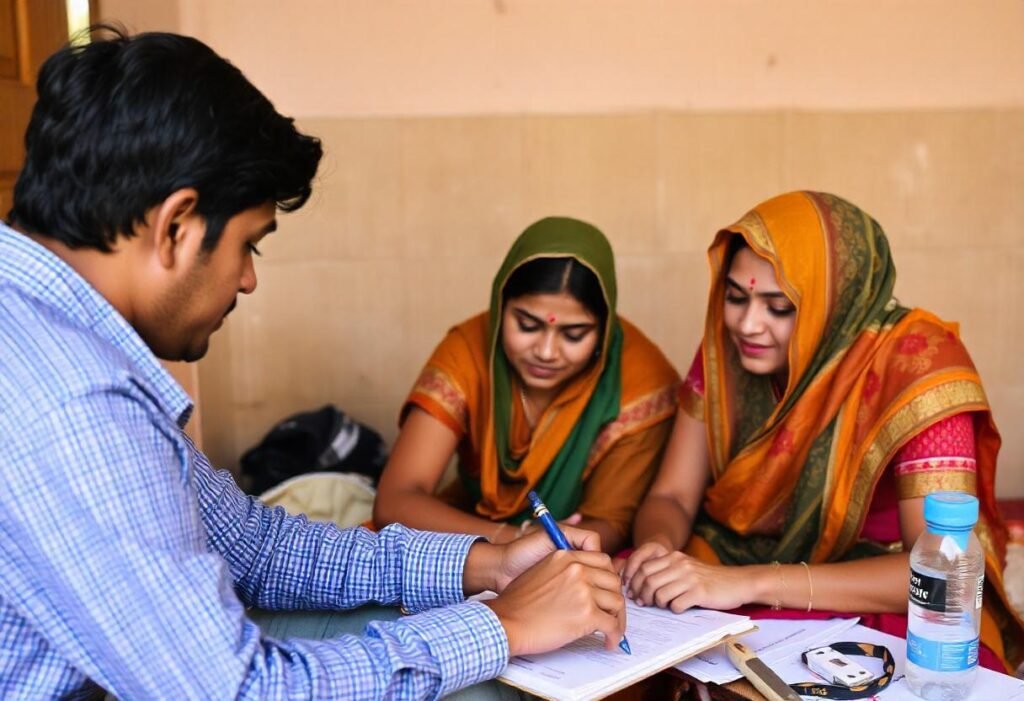
Addressing Identified Community Needs
Tailoring Interventions to Local Contexts
Once needs are identified, organizations should develop tailored interventions that align with community priorities and resources. This approach ensures sustainability of programs and makes the initiatives more culturally sensitive as well as contextually-appropriate.
Building Collaborative Partnerships
Collaborations should be formed with local stakeholders including community leaders, NGOs, government agencies and businesses who can offer solutions to tackle complex problems. Through such partnerships, they are able to pool their collective knowledge so as to have a greater impact on people’s lives.
Shareable Quote: “The strength of the team is each member. The strength of each member is the team.” – Phil Jackson
Case Studies: Successful Community Needs Assessments
Case Study: Water.org
To know what water and sanitation projects it should implement in underdeveloped areas, Water.org usually engages in various community needs assessments. In this regard, the organization works closely with these communities for them to come up with sustainable solutions that address issues like lack of clean drinking water sources or proper sewage systems.
Case Study: Habitat for Humanity
Habitat for Humanity uses community needs assessments in its affordable housing programs worldwide. By partnering with residents in those regions together with their governments and volunteers from different countries around globe, they construct houses that best suits their unique requirements at each site where land has been donated by locals themselves.
Ethical Considerations in Community Needs Assessment
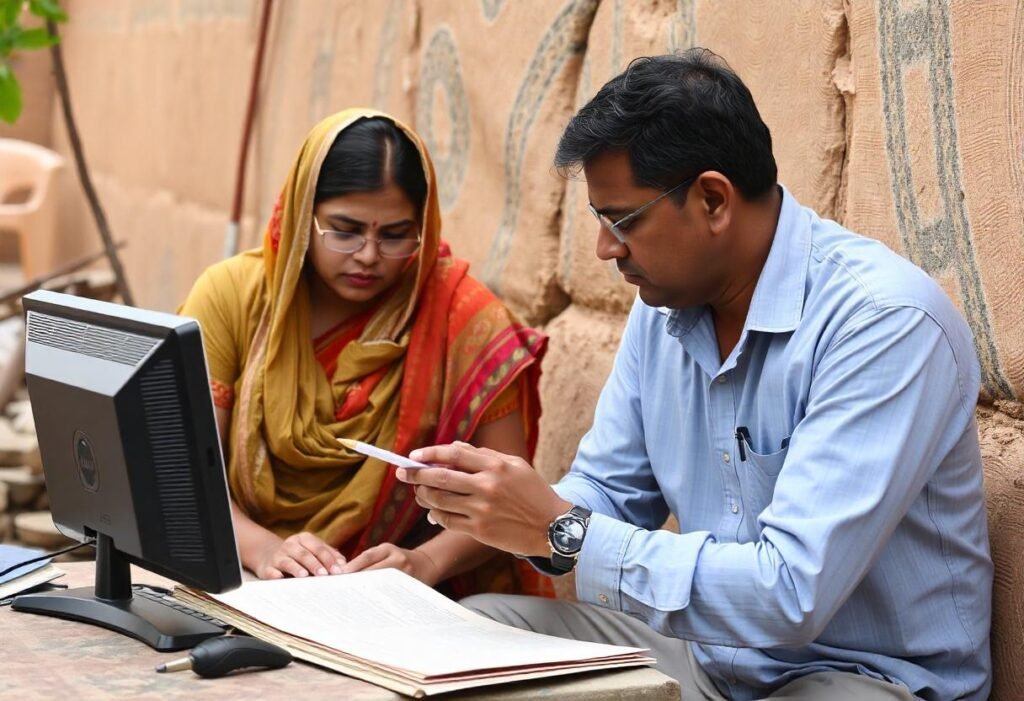
Respect for Cultural Sensitivity
When conducting assessments respect cultural norms, values and traditions which form part of any assessment process irrespective how simple it seems because being inclusive entails respecting diversity within communities when collecting data.
Accountability and Transparency
Throughout the assessment process we will maintain transparency by articulating aims openly; describing methods used; explaining outcomes achieved thus far among other issues revealed through various stages undertaken so far within these communities related directly toward improving their own lives rather than just being passive recipients under external control.
Dynamic Steps for Non-Governmental Organizations and Associations
Give Priority to Inclusiveness and Diversity
Make sure that assessments of needs include diverse voices and the marginalized members within the society. Have inclusive practices that empower all community members to take part in a meaningful manner.
Be Open to Learning at All Times and Flexibility
Continually assess interventions based on changing needs of communities and feedback among others. Create an environment which is agile and flexible enough to respond promptly to changing situations.
Conclusion
To sum up, the process of evaluating and responding to community needs is not a mere strategic imperative but also an ethical responsibility for sustainability oriented organizations.
Integral World stresses on the significance of paying attention to community voices and giving them a chance to select solutions that they can identify with. Organizations may create real partnerships that enable people in communities to succeed by making inclusiveness as well as needs assessment based on cultural sensitivity and ethical considerations their priority.
This article has given various cases and insights from specialists about the transforming power of comprehensive needs assessments. Using surveys or partnering with others to collect data, these approaches allow agencies customize their remedies for local areas thereby ensuring sustainability in the long run.
Contact us today at Integral World so that we can support your organization build its capacity through our expertise on Community Needs Assessment. Let’s together come up with answers that are pro-poor towards prioritized concerns of societies leading sustainable development goals.

